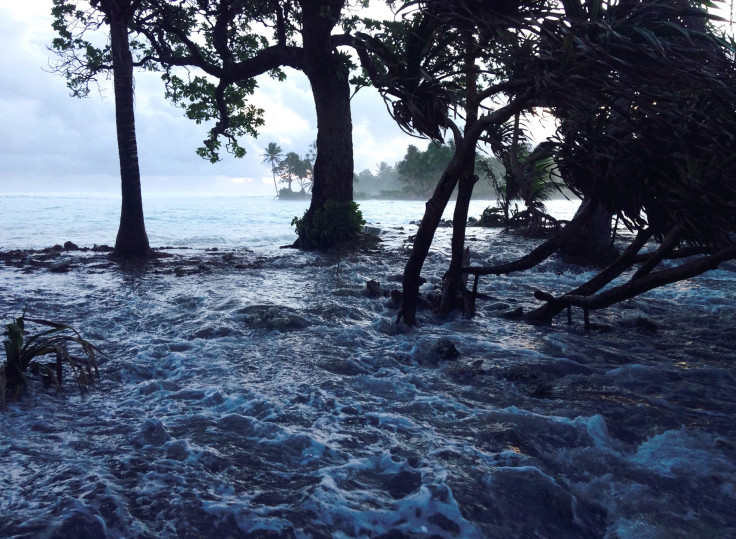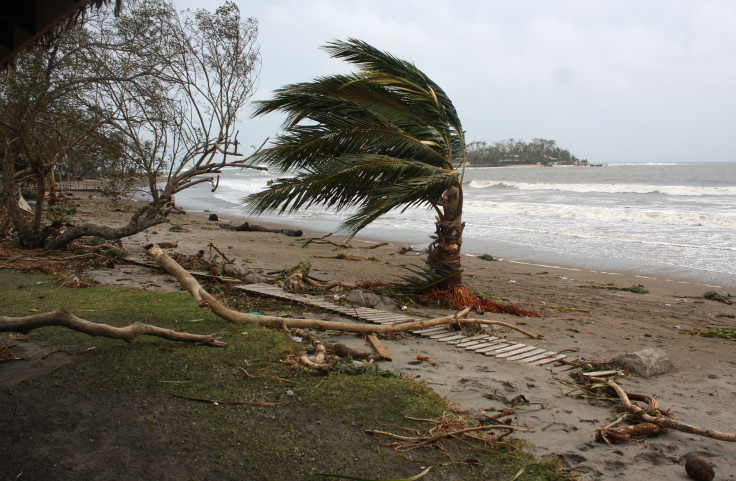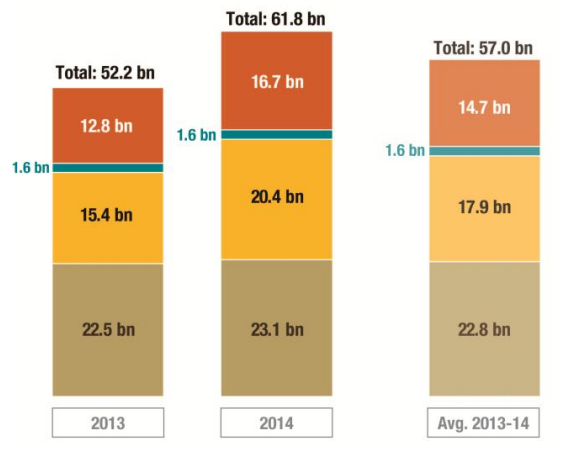Climate Change: Vulnerable Nations Launch 'V20' Bloc To Address Global Warming Risks

Twenty countries most vulnerable to the effects of climate change announced the formation of a “V20” group Thursday to pool resources and press for tougher action on global warming. The group includes some of the poorest and least developed nations across Africa, Asia, the Caribbean, Latin America and the Pacific that are home to approximately 700 million people.
“We unite for what we believe is the fundamental human rights issue threatening our very own existence today,” Cesar Purisima, finance minister of the Philippines -- which leads the group -- said, in a statement. “In the absence of an effective global response, annual economic losses due to climate change are projected to exceed $400 billion by 2030 for the V20, with impacts far surpassing our local or regional capabilities.”
The V20's members are Afghanistan, Bangladesh, Barbados, Bhutan, Costa Rica, East Timor, Ethiopia, Ghana, Kenya, Kiribati, Madagascar, the Maldives, Nepal, the Philippines, Rwanda, Saint Lucia, Tanzania, Tuvalu, Vanuatu and Vietnam.

The group, which aims to both raise and manage climate funds, agreed to set up a public-private “climate risk pooling mechanism” -- an insurance fund for climate change-induced extreme weather events and disasters. Additionally, the countries also pledged to improve their financial accounting models of climate change costs and risks.
Since record keeping began in 1880, the global average temperature has risen 1.4 degrees Fahrenheit, and, over the past 100 years, the global average sea level has risen nearly 7 inches. In addition to putting critical ocean and land ecosystems at risk, sea level rise and increase in frequency of extreme weather events have strained the vulnerable nations’ ability to cope with climate change.
For low-lying Pacific island nations, a rise in temperature of more than 3.6 degrees Fahrenheit above the pre-industrial levels -- the internationally accepted red line -- poses an existential threat. Many islands in the region are already being battered by frequent storm surges and flooding.
“We have decided to work together to ensure we are not made victims, but do everything we can to contribute to a resolution to this crisis,” Costa Rica’s Vice Minister of Finance Jose Francisco Pacheco, said in the statement.
Even as the clock ticks down on December’s crucial climate conference in Paris, the availability of climate funds for poor and vulnerable nations remains a key sticking point. Wealthy nations have pledged to mobilize $100 billion per year in climate finance by 2020, and, as of last year, they had reached nearly $62 billion.

However, according to an estimate by Oxfam, only $2 billion was made available to these nations in order to adapt to climate change in 2014 -- pointing toward a persistent gap between the rising costs of adaptation and international monetary support.
“Financial constraints put up serious barriers for climate action and expose millions to disaster and hardship,” Helen Clark, the United Nations Development Programme administrator, said in the statement. “We believe the V20’s vision to deploy innovation in finance, based on shared experiences, has great potential to knock down such barriers.”
© Copyright IBTimes 2024. All rights reserved.






















